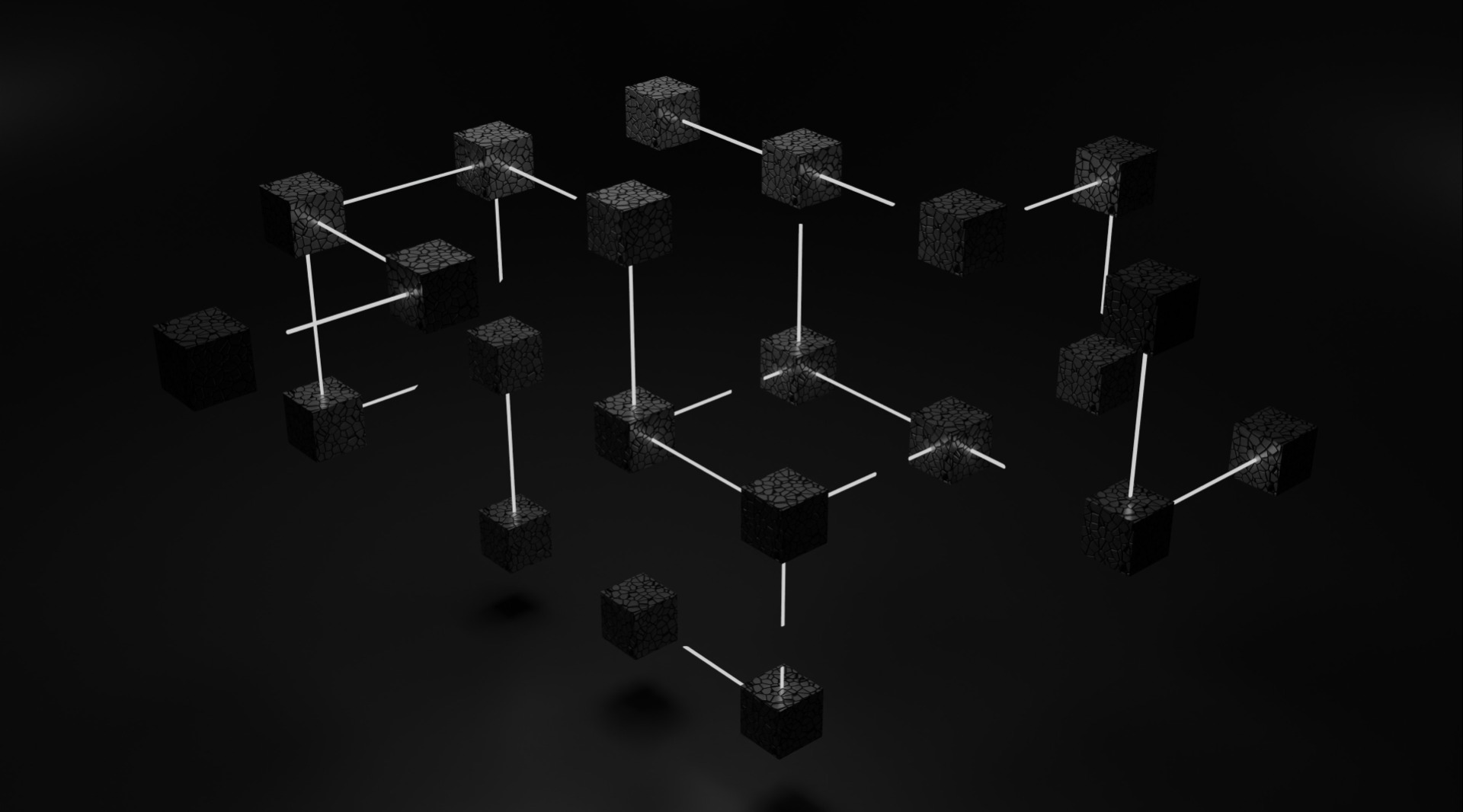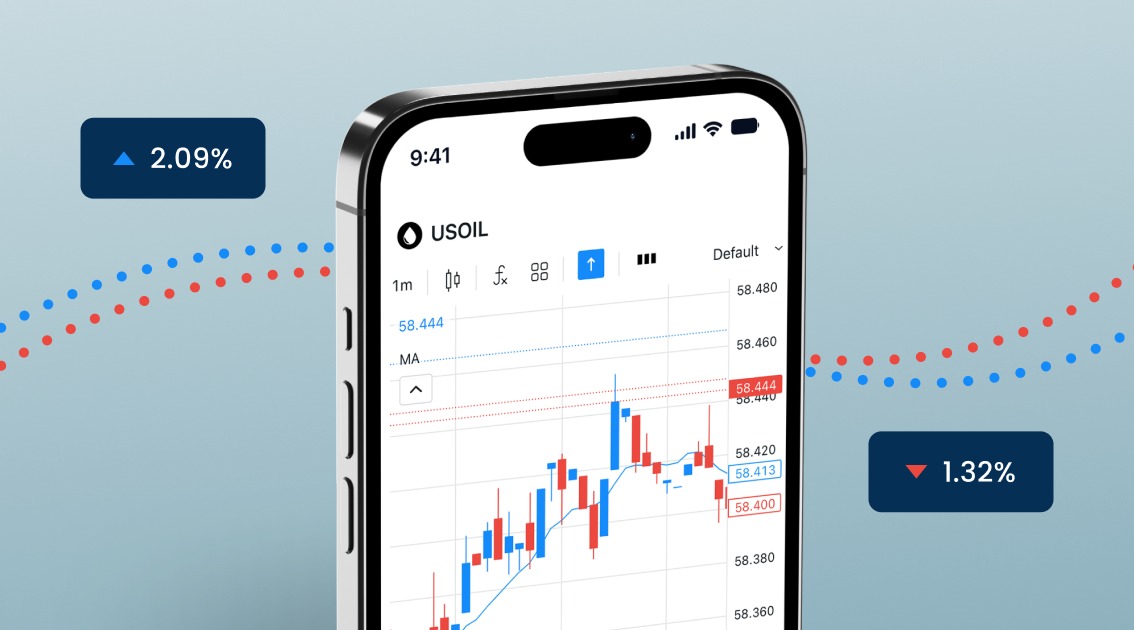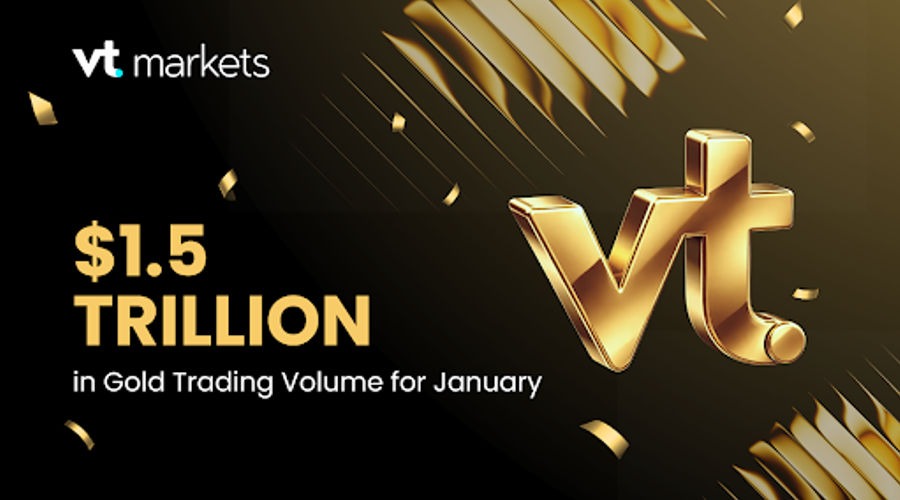Because of its potential to disrupt different industries, blockchain technology has received a lot of interest in recent years. Gaming and virtual reality (VR) are two industries that promise to benefit substantially from blockchain.
Blockchain's decentralized structure and unique characteristics have the potential to transform the way games are made, distributed, and played, providing exciting prospects for both developers and users. In this article, we will look at how blockchain technology has the potential to change the gaming and virtual reality industries.
Ownership Enhancement and Digital Asset Management
Blockchain technology has the potential to empower gamers by granting them actual ownership and control over in-game assets. Traditionally, players spend time and money obtaining virtual objects within a game, such as guns, skins, or virtual real estate. They do, however, have limited ownership rights and are frequently unable to transfer or sell these goods outside of the game's ecosystem.
Through non-fungible tokens (NFTs), players can have verified ownership of digital assets using blockchain. Because NFTs are one-of-a-kind tokens that represent a single item or piece of content, they are suitable for representing virtual assets in games.
On blockchain-based markets, players can trade, sell, or even lend their NFT-based assets, resulting in a thriving secondary market for digital items. This new ownership paradigm provides value to participants' investments while also allowing for greater flexibility and autonomy.
Transactions that are both transparent and secure
Within gaming environments, blockchain technology offers transparent and secure transactions. In-game transactions can be automated and validated using smart contracts, which are self-executing contracts with predefined conditions. This eliminates the need for intermediaries while also lowering transaction costs and ensuring transparency.
Blockchain-based markets, for example, can ease peer-to-peer transactions between players by allowing smart contracts to automatically transfer ownership and payments when predetermined conditions are met. This creates a trustless environment, reducing the possibility of fraud and assuring fair transactions.
Play-to-Earn Possibilities
Blockchain introduces the concept of play-to-earn, in which users can earn real-world value by participating in in-game activities. Game creators can establish economies where players can earn bitcoins or other digital assets by engaging in the game and reaching specific milestones by leveraging blockchain's transparent and secure architecture.
This provides new opportunities for players to monetize their abilities and time spent playing games. Players can start their own businesses by developing and selling in-game content, offering services, or competing in competitive gaming tournaments with prize pools supported by blockchain-based crowdfunding. recreation-to-earn models have the potential to economically empower gamers by blurring the distinction between work and recreation.
Development that is decentralized and driven by the community
Blockchain technology can aid in the development of decentralized and community-driven games. In traditional game production, choices are frequently taken by a small number of developers and publishers. As a result, there may be a lack of innovation, a lack of player participation, and a gap between developers and their audience.
Blockchain-based platforms enable decentralized game production, allowing developers to work directly with players, leveraging the gaming community's combined intelligence and creativity. Players may contribute to game development decisions, vote on proposals, and even receive rewards for their participation thanks to tokenization and decentralized governance. This more democratic approach encourages creativity, variety, and a better sense of community.
Cross-game Interoperability and Experiences
Blockchain technology enables cross-game experiences and asset transfers by allowing interoperability across different games and virtual worlds. Traditionally, each game functions independently, and transferring assets between games is difficult, if not impossible. Players can use blockchain to seamlessly move their digital assets between games, resulting in a unified gaming experience.
A sword gained in one game, for example, may be wielded in another, or a rare skin obtained in one virtual world could be worn in another. This interoperability raises the value and utility of assets, promotes user engagement, and stimulates collaboration among game developers.
Combating Fraud and Cheating
Cheating and fraud have always been a problem in the gaming industry. Blockchain technology, by providing transparent and tamper-proof recordings of game data and transactions, can help address these difficulties. Game data becomes immutable and immune to modification by storing it on the blockchain.
Furthermore, by verifying game behaviors and assuring fair play, blockchain-based anti-cheat systems can detect and prevent cheating. This can level the playing field for all participants, improving the gaming experience and increasing player trust.
Integration of Virtual Reality and Blockchain
Another technology with the potential to disrupt the gaming industry is virtual reality (VR). VR offers immersive and interactive experiences, allowing players to interact with virtual environments in ways never before possible. VR, when paired with blockchain technology, has the potential to open up new doors.
Blockchain technology can enable safe and decentralized VR content distribution networks, allowing developers to produce and distribute VR experiences directly to users without the use of intermediaries. Furthermore, blockchain can enable virtual land ownership in virtual reality settings, allowing users to buy, sell, and build virtual real estate. This connection provides new revenue streams for VR content providers while also increasing viewers' sense of ownership and immersion.
The Winning Strategy? How Blockchain Technology is Revolutionizing Gaming and In-Game Item Ownership
Blockchain technology has been disrupting various industries, and now it is set to transform the gaming landscape. With the emergence of blockchain-powered gaming platforms and the concept of NFTs, the way we own, trade, and invest in in-game items is undergoing a significant revolution.
As blockchain technology continues to revolutionize gaming and in-game item ownership, investing in this emerging sector requires a well-informed and strategic approach.
The fusion of blockchain technology and gaming is set to reshape the gaming industry, and early investors have the opportunity to ride the wave of this transformative revolution.
Understand the Potential of NFTs
Non-fungible tokens (NFTs) are unique digital assets that are indivisible and cannot be replicated. NFTs are becoming increasingly popular in the gaming world, as they enable players to own and trade in-game items securely on the blockchain. To leverage this emerging trend, investors should educate themselves about the potential of NFTs and the various gaming platforms that support them.
Research Blockchain-Powered Gaming Platforms
Blockchain-powered gaming platforms are creating new opportunities for both gamers and investors. These platforms allow users to earn and trade digital assets within the game ecosystem, enabling ownership and value retention. Investors should research and identify the most promising blockchain gaming platforms, considering factors such as user base, development team, partnerships, and the platform's underlying blockchain technology.
Diversify Your NFT Portfolio
Similar to traditional investments, diversification is key when it comes to investing in NFTs. While some NFTs may appreciate significantly in value, others may not perform as expected. Therefore, investors should consider diversifying their NFT portfolio by investing in a range of gaming assets, including rare in-game items, virtual land, digital artwork, and collectibles. By diversifying, investors can mitigate risks and take advantage of various growth opportunities within the gaming industry.
Follow Gaming Trends and Communities
To make informed investment decisions, staying up-to-date with gaming trends and actively participating in gaming communities is crucial. Joining forums, social media groups, and attending gaming conferences can provide valuable insights into upcoming blockchain gaming projects, partnerships, and game launches. Engaging with the gaming community will enable investors to identify potential investment opportunities before they become mainstream.
Evaluate Developer Reputation and Partnerships
When investing in blockchain gaming platforms, it is important to assess the reputation and track record of the developers. A reputable development team with a history of successful projects inspires confidence in the potential success of a blockchain gaming platform. Additionally, partnerships with established game developers, publishers, or intellectual property owners can significantly enhance the value and adoption of a blockchain gaming platform. Investors should consider these factors when evaluating investment opportunities in the gaming sector.
Long-term Investment Approach
Blockchain technology's impact on gaming and in-game item ownership is still in its early stages. Therefore, investors should adopt a long-term investment approach and be patient with their investments. The value of NFTs and blockchain gaming platforms may fluctuate, but with the growing adoption and innovation in the sector, long-term investments have the potential for substantial returns.
Conclusion
Blockchain technology has the potential to completely transform the gaming and virtual reality industries. It empowers players by providing genuine ownership of in-game assets, enabling transparent and secure transactions, and introducing chances for play-to-earn.
Blockchain also promotes decentralized and community-driven game development, improves game interoperability, combats cheating and fraud, and easily integrates with virtual reality experiences.
While there are still obstacles to overcome, such as scalability and user adoption, the convergence of blockchain and gaming has the potential to change the industry, opening up new options for developers, players, and content creators.
As the technology matures and more new use cases emerge, we should expect the gaming and VR sectors to embrace blockchain as a change and innovation accelerator.

















